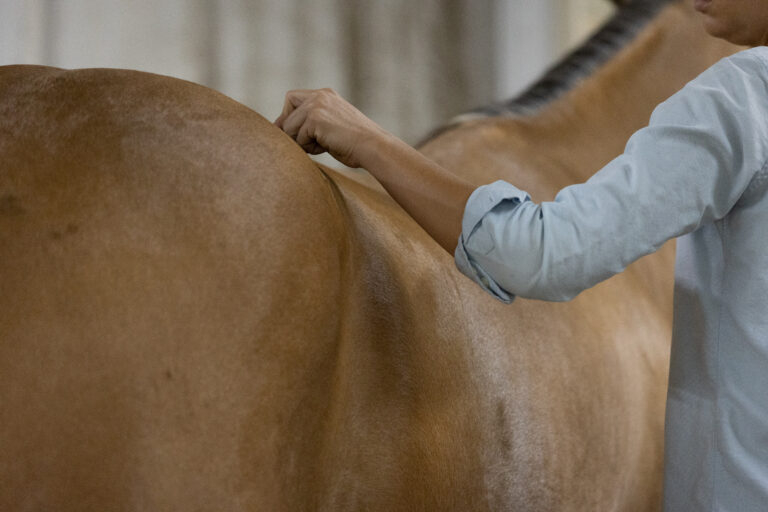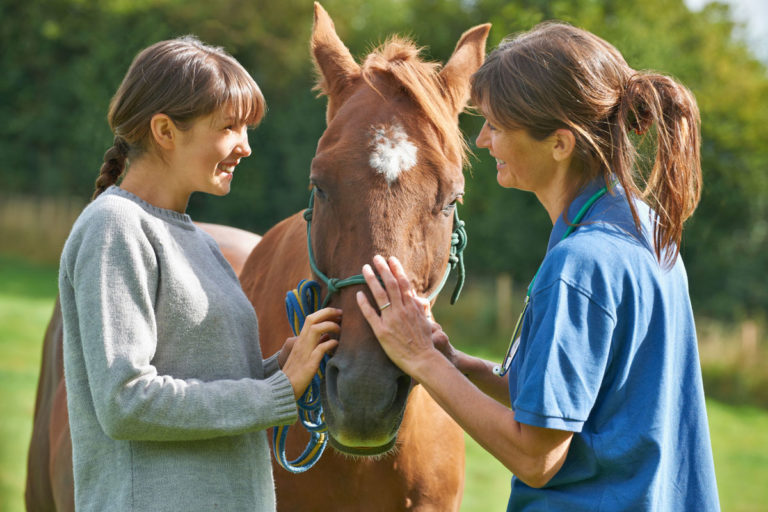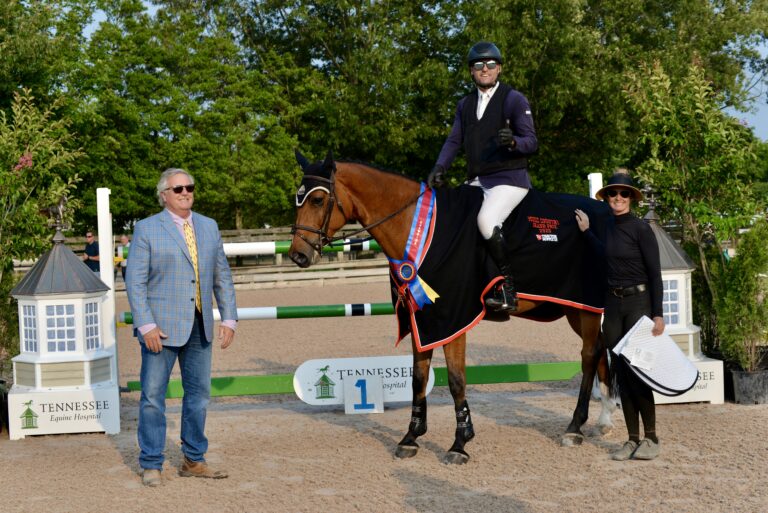
As COVID-19 continues to spread throughout most of the world, our thoughts and deepest sympathies are extended to all who have been affected by the disease. The AAEP has been monitoring the pandemic closely and is committed to helping your practice and your clients stay healthy. As health officials and our local communities continue to respond to the global spread of the virus, we are providing some resources for you.
In order to mitigate the risk of exposure to COVID-19 during interactions with clients, the AAEP Infectious Disease Committee shares the following advice for veterinary professionals:
- Require hand sanitization for all clients entering and leaving a clinic/hospital.
- Institute for staff a no-hand-shake policy with clients and visitors to the clinic/hospital as well as with each other. Hand sanitization between all client interactions should be required.
- Limit the number of individuals attending an appointment to one owner or handler per horse. Additional owners can be asked to join the appointment via FaceTime or speakerphone.
- Ensure that those responsible for cleaning your practice, ambulatory vehicle and equipment are using appropriate disinfectants for COVID-19. These products are effective in killing viral pathogens, including COVID-19. Focus cleaning efforts on door and stall handles, railings, flat door handles, shared practice equipment and other frequently touched surfaces.
- Prior to each upcoming appointment, communicate your healthy practice procedures to clients. Reschedule the appointments of any clients exhibiting symptoms of illness that include cough, fever (100.4°F/38°C or higher) and/or shortness of breath, or have traveled to an area of active COVID-19 transmission within the previous two weeks. Access CDC travel information here. If an animal must receive immediate medical evaluation and the owner is ill, ask the owner to arrange for another individual to be present.
- Temporarily waive cancellation policies for ill owners.
- Conduct telemedicine rechecks for patients when possible.
- Reschedule client education seminars and other group practice events.
The following resources provide credible guidance regarding COVID-19 in veterinary practice and overall community safety measures:







